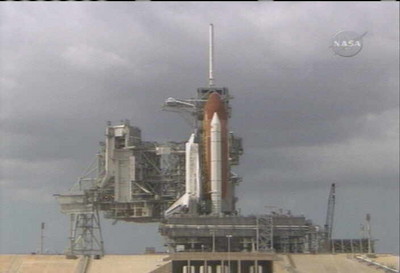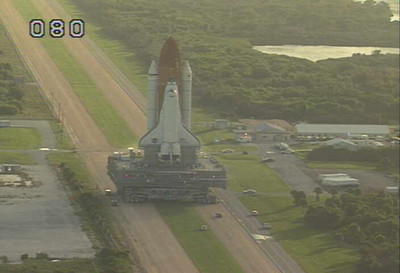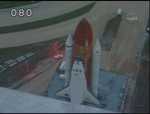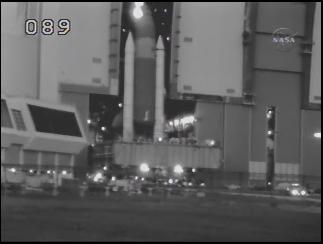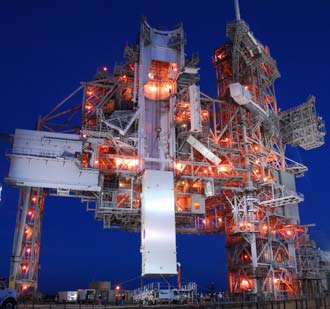I thought I share an interesting conversation that went over the rsyslog mailing list. Even though it buried in the mailing list archive, I think here is a better place to be displayed. Feedback is much appreciated.
> —–Original Message—–
> From: Michael Biebl
> Sent: Friday, September 28, 2007 10:23 AM
> To: rsyslog-users; Rainer Gerhards
> Subject: Re: [rsyslog] rsyslog 1.19.8 released
>
> 2007/9/27, Rainer Gerhards :
> > repeat message processing. The MySQL functionality is now taken out
> of
> > the core package, but its tarball is still contained in the main
> tarball
> > (so it is still a single download for everything). This is part of
> the
> > effort to fully support third-party plugins. Rsyslog 1.19.8 is a
>
>
> To be honest, I don’t particularly like this change. It increases the
> work for package maintainers (like me). You now have to maintain two
> source packages. Having a non-standard tarball inside a tarball
> doesn’t help there. It even worsens things, as stuff like “make dist”
> or “make distcheck” doesn’t work anymore for a cvs checkout.
> There’s also the problem of which version of the plugins will be
> compatible with the core version (upgrade scenarios, keeping them in
> sync, etc.)
> It also adds complexity for the developer (as he has to maintain an
> additonal set of build files).
> As you were talking about 3rd party plugins (with the emphasis on 3rd
> party) I don’t understand the benefit of splitting out the mysql
> plugin as it is you who develops the mysql plugin, not a third party.
> Do you actually intend to create a separate tarball for each plugin in
> the future?
>
> What was wrong with the –enable-mysql configure switch? I don’t see
> any benefits, only disadvantages. You know, if it ain’t broken, why
> fix it ;-)
>
> Cheers,
> Michael
Hi Michael,
as I have blogged, I am not yet sure about how to handle the situation. I am also consulting with Autotools experts, any advise is appreciated.
Two packages seem useful, especially when more plugins become available (I myself think about email and a couple of other databases). Many folks also do not like the idea of having to have libmysql present on the system just to install rsyslog – with a core package and the plugin, those can only install the core (and that will probably the majority of cases).
What I have not yet found – and I have very limited expertise in this area – is how to do that in the best possible way.
Oh, and some more background: ones the plugin interace has matured (I expect this in 3 to 6 month), I intend to actually use ommysql with its own version number. Versioning will be handled by the interface (that part is already present, but no code for it yet as there is only a release 1 of it). So, in the medium to long term, ommysql *will* be a separate project – maybe one with a different maintainer, as I am no mysql guy.
Does this make sense? As I said, comments are much appreciated…
Rainer


